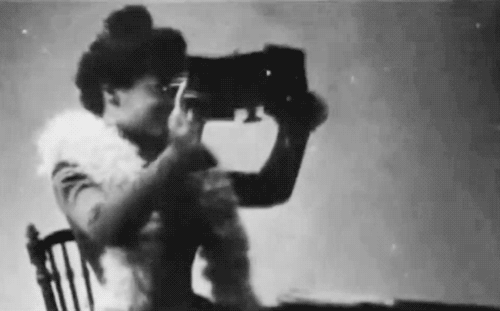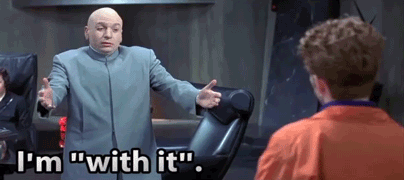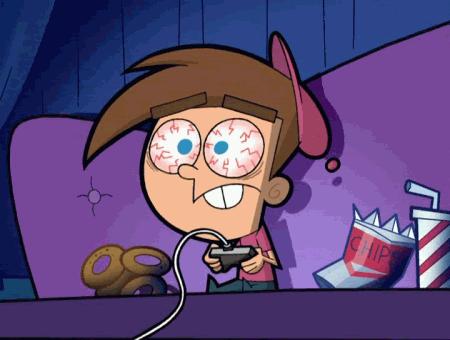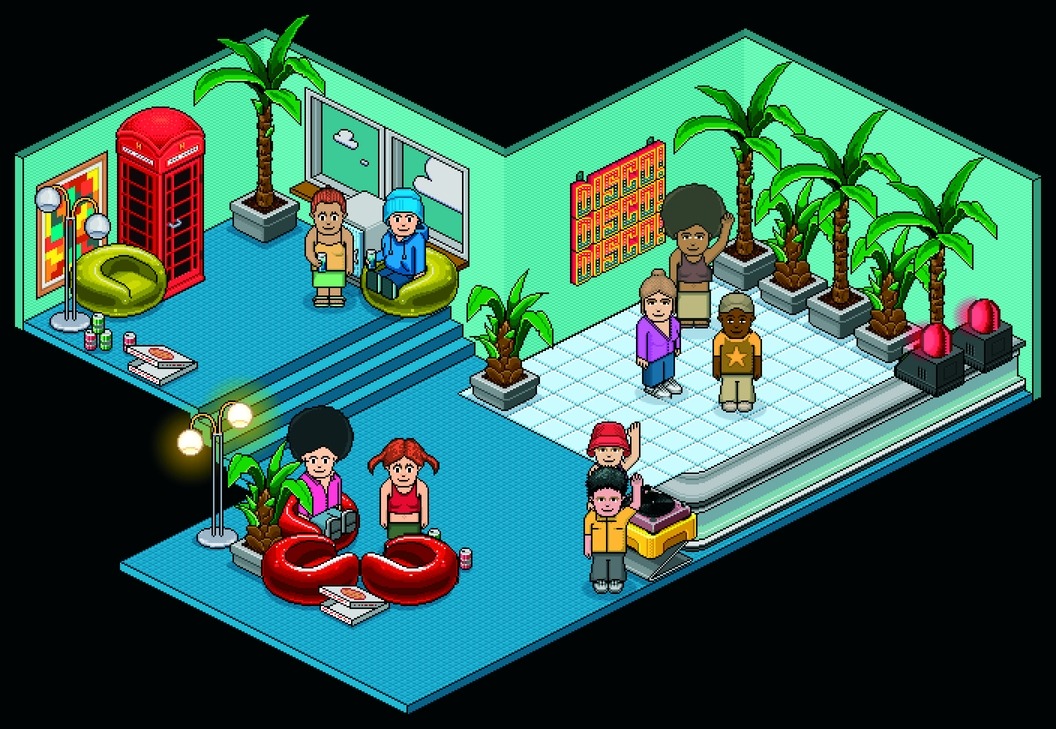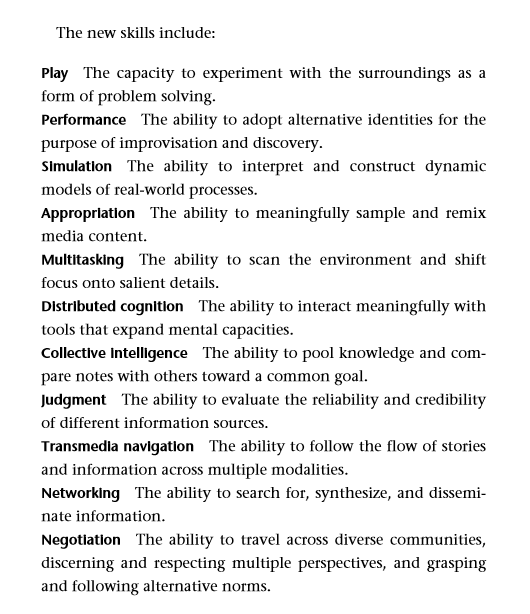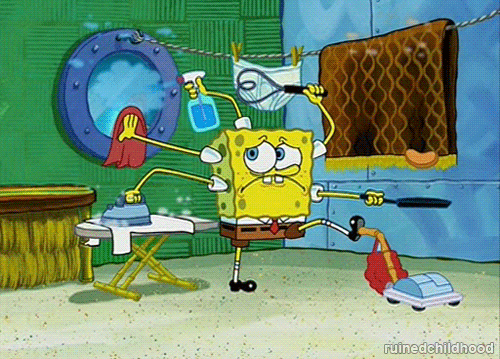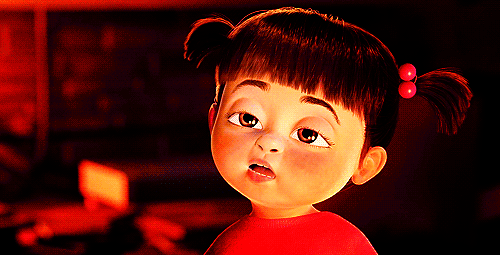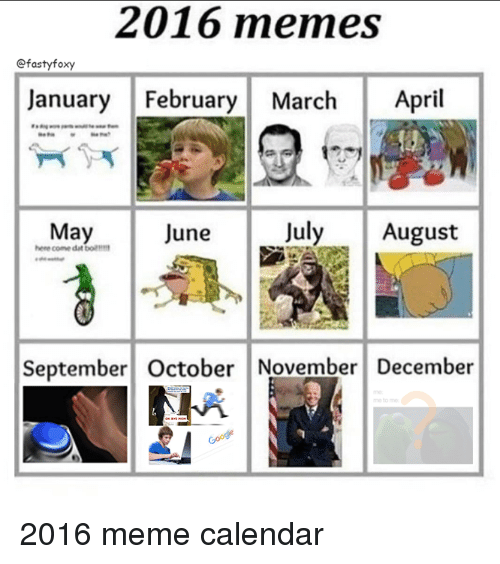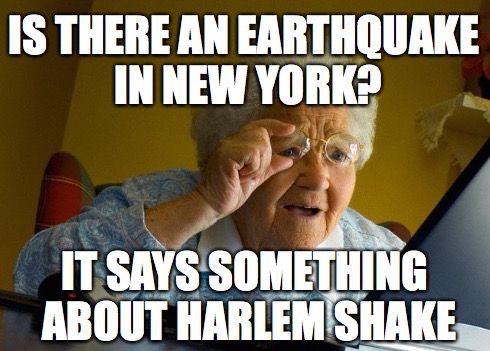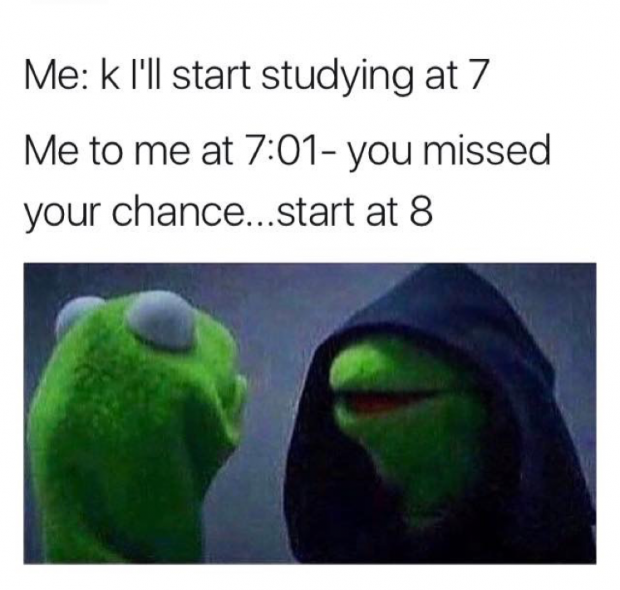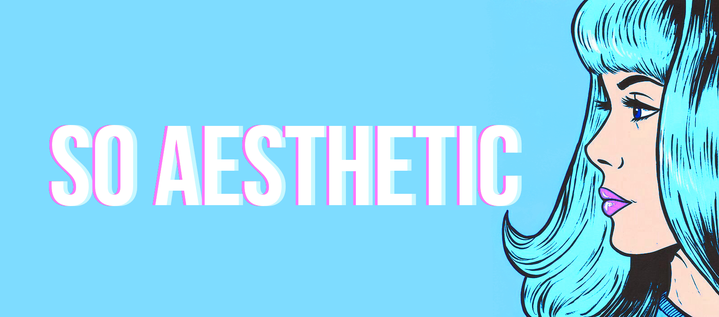
~new aesthetic~: something I never really understood until this week’s blog post.
My original introduction to aesthetic was my days of tumblr.com when people would refer to something relatable as “omg that’s totally my aesthetic”. Now, I understand it is an entire art form that has been morphed over time with the Internet as a whole.
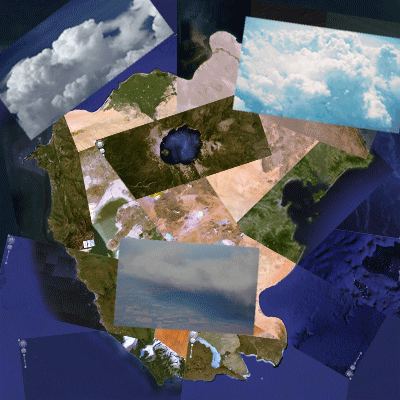
Do I like it? Absolutely. It brings together the digital and non-digital, and provides a sort of zen feeling while looking at it. In TheGuardian’s article, there are images listed that are a bird’s eye view of agricultural patterns. My personal favourite is this one:
The Orange River serves as part of the border between Namibia and South Africa. Along the banks of this river, roughly 100km (60 miles) inland from where the river empties into the Atlantic Ocean, irrigation projects take advantage of water from the river and soils from the floodplains to grow produce, turning parts of a normally earth-toned landscape emerald green
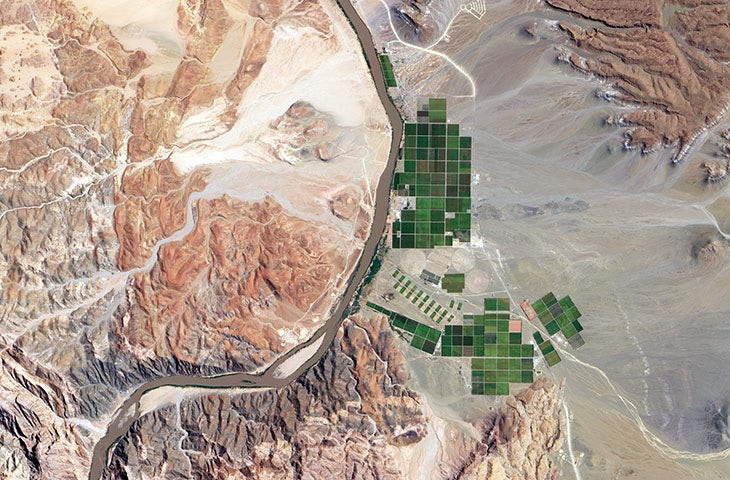
Truthfully, it does not feel entirely natural, it seems more like a wonder that anything could look this mesmerizing and be complete reality. THIS is one of the many reasons why I will forever be amazed with the power of technology and the internet. One more example: The Slow Mo Guys
To me, this entire video could be considered ~new aesthetic~. The visual image of the Jell-O passing through the racket would be seen as a surreal implication of the digital in a non-digital setting. (It’s also kind of entertaining to watch things in super slow motion).
So what does this mean for our future?
Well, let me tell ya, I am quite excited to see what the future has in store for all things visual arts in new digital media. As far as Sterling and Lievrouw’s arguments on it goes, it’s hard to completely understand. I do not believe they contradict each other, as both styles of arguments have different tones. While Sterling supports the New Aesthetic as a thing of the future, and Lievrouw both critique’s and praises it, everything is susceptible to change, and I believe aesthetic as a whole is the most inclined to be so.

